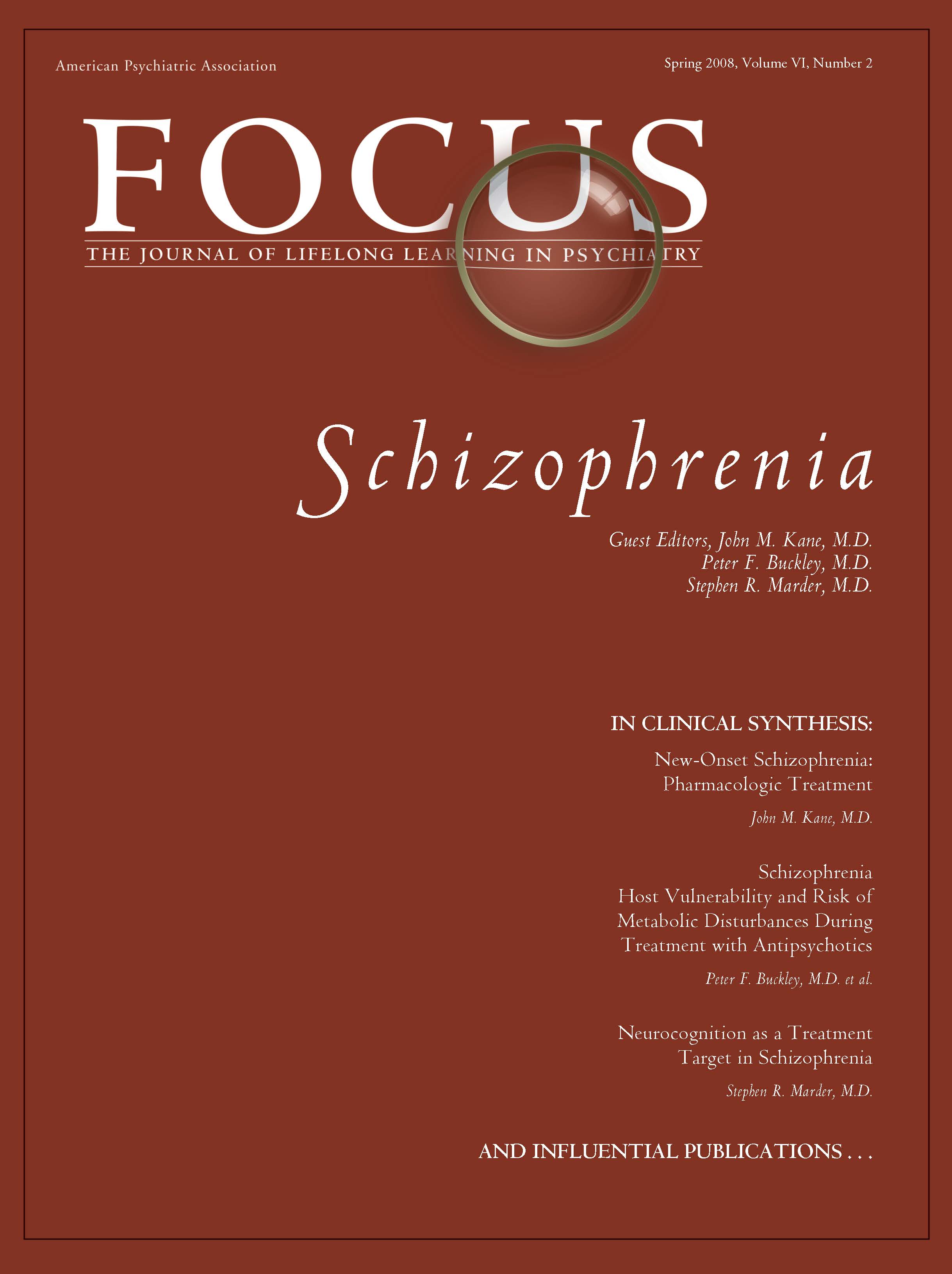Ask the Expert: Schizophrenia
My practice includes patients from immigrant groups, many of whom present with schizophrenia. Are certain ethnic groups more prone to development of psychosis when adjusting to a new culture, and what are the implications for treatment?
Schizophrenia has a remarkably similar prevalence worldwide. In general, “major” psychiatric disorders, involving psychosis, have less etiological influence from cultural factors than “minor” or neurotic psychiatric disorders involving anxiety and character traits. International collaborative studies, however, suggest that the prognosis and outcome of schizophrenia is actually more favorable in lower income and developing countries, at least as reflected by certain outcome measures such as hospitalization and burden of care (1).
A variety of immigrant groups, with cultures distinct from those of the new host country, have been observed to have higher rates of schizophrenia than natives, even when schizophrenia causes less health care burden in the country of origin. Perhaps the stress of social disruption can precipitate a schizophrenic process in a vulnerable individual (2).
Within the United States, there appears to be a difference in the diagnosis of schizophrenia in different groups. African Americans in mental health care have a much higher prevalence than whites, Hispanics, or Asians. This is due, however, to diagnostic bias. When that is controlled for, the true prevalence is quite similar.
The symptom presentation of schizophrenia, particularly regarding the specific contents of delusions and hallucinations, is highly subject to cultural influences. In American society, paranoid presentations are common, often involving high-tech themes such as satellites, radio transmission, and so forth. Security agencies that are thought to be involved in clandestine activities, such as the CIA or the FBI, are often a prominent content area in paranoid delusions. The reporting of hearing the voices of one's ancestors is common in certain Native American groups and by itself does not reflect the presence of psychosis.
Subtypes of schizophrenia vary significantly with cultural factors. For the developed society, paranoid schizophrenia is more prevalent; in traditional, less technologically developed societies, catatonic schizophrenia is often more common, but is infrequently seen nowadays among those born in the United States.
Of more practical significance are cultural differences in the response of families to a schizophrenic relative. In families from less-developed societies, with low educational opportunities and expectations, a psychotic sibling or child has less stigma, is more likely to be accepted and supported, and is considered less of a burden. Alternative treatments may be sought and relied upon, before turning to modern psychiatry. In Asian cultures, a psychotic relative is more likely to be sequestered within the family, in some sense protected, but also hidden from others, to prevent the shame of causing discomfort to outsiders. Typically, it is only when the psychotic behavior becomes more than the family can handle that the affected relative is brought for treatment. Once treatment is sought, the family may be very supportive in aiding compliance with treatment recommendations. Thus, cultural issues in schizophrenia are most important when there is a family intimately involved with the patient.
1 Isaac M, Chand P, Murthy P: Schizophrenia outcome measures in the wider international community. Br J Psychiatry Suppl 2007; 50:s71–s77Crossref, Google Scholar
2 Luhrmann TM: Social defeat and the culture of chronicity: or, why schizophrenia does so well over there and so badly here. Cult Med Psychiatry 2007; 31:135–172Crossref, Google Scholar



